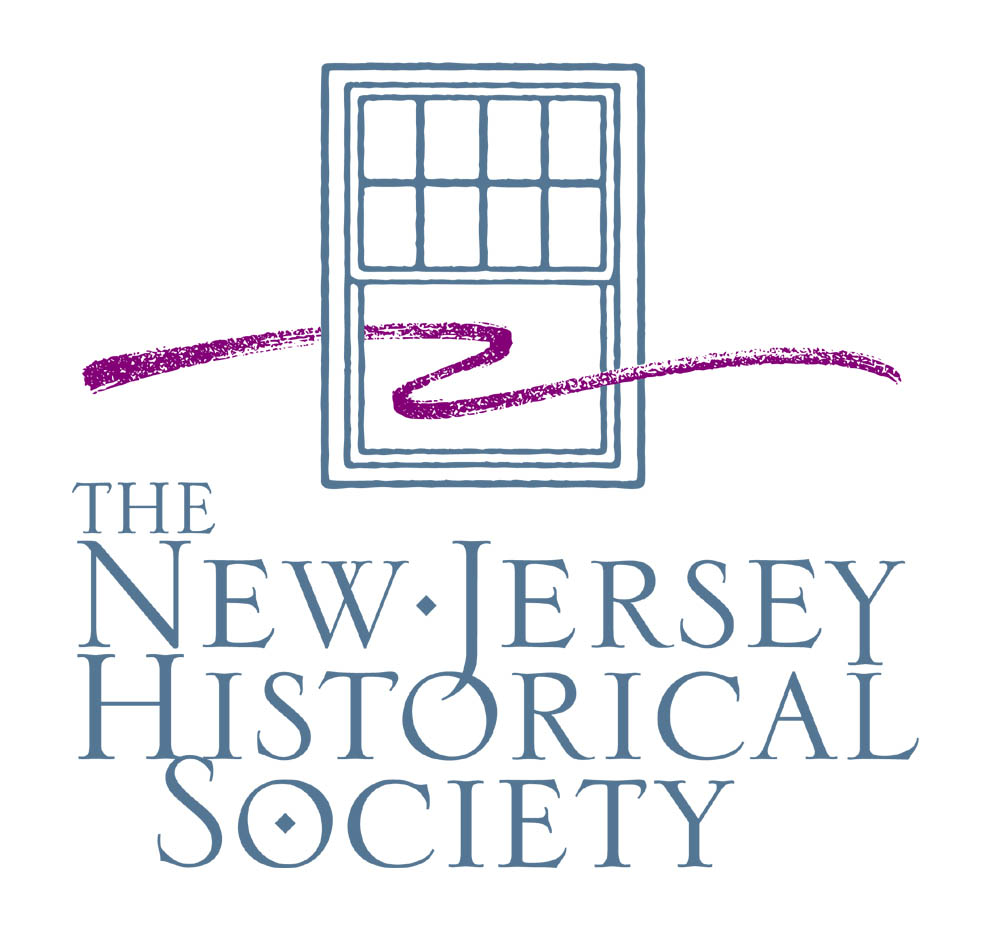Guide to the Oakes Family Papers 1837-1865 MG 1622
TABLE OF CONTENTSDescriptive Summary Container List |
 1837-1865 52 Park Place Newark, New Jersey 07102 Contact: NJHS Library Phone: (973) 596-8500 x249 Email: library@jerseyhistory.org URL: https://www.jerseyhistory.org © 2004 All rights reserved. The New Jersey Historical Society, Publisher Inventory prepared by Douglas Baldwin. Finding aid encoded by Julia Telonidis. September 2004. Production of the EAD 2002 version of this finding aid was made possible by a grant from the Andrew W. Mellon Foundation. Finding aid written in English. Historical NoteDavid Oakes, who would eventually build the Oakes Mills in Bloomfield, NJ, was a first generation American born in Franklin, N.J. on January 26, 1809. He was the son of Thomas Oakes, who migrated from England in 1802, and Rachel Kingsland Oakes, descendant of one of the original families to colonize the Newark/Bloomfield area. David moved with his parents to Bloomfield, N.J., at age two. However, in 1826, he moved to Orange, N.J. to apprentice as a finisher of woolen goods. Upon finishing his apprenticeship, in 1830, he built his own textiles factory. During this time, he wed Abigail Baldwin Oakes. After a fire in 1836 destroyed this factory, he erected a second, specializing in flannel, yarn, and blanket production. In 1842, his factory shifted it’s production focus to tweed. Then, in 1860, the thriving business erected its first brick building. Throughout the early years of the company, they produced both police and fire uniforms. Furthermore, during the Civil War, they began producing materials used to make military and service uniforms for the Union Army. David, originally a Whig, became a Republican and was against the institution of slavery. In 1878, David Oakes passed away, leaving his business to his sons Thomas Oakes (b. June 6, 1838) and George A Oakes. Thomas would take the lead in regards to running the family business. In 1865, he married Juliet Maxfield Oakes. The couple had four children together. He continued to run the business into the 20th century, until his death in 1924. At that time, his oldest son David (b. May 26, 1869) then took over as president of Oakes Mills. His other son, George, would serve as vice president. The business did well into the 1920s and 1930s. Later on, the development of synthetic fibers and improved production technologies eventually hurt the business, causing it to finally close in 1945. In 1947, the factory and its land were broken up and auctioned, ending its over 100 years of existence as a part of the Bloomfield landscape. However, despite its eventual demise, the factory would always be known and remembered for its superior product quality. During their lives, both David and Thomas Oakes were active and important members of the Bloomfield community. David served on the Board of Trustees at the Bloomfield First Presbyterian Church, was a member of the first Board of School Trustees, and was a member of the State Legislature in 1860-1861. Furthermore, David was also involved in the first railroad project to serve Newark and Bloomfield. It is interesting to note that David served in the Bloomfield school board when Bloomfield became one of the first municipalities to enact a free school town law (in 1849) allowing free access to schooling, without any form of tuition requirement. His son Thomas was also an active community member, also serving on the local school board as its president, as well as serving as president of the National Bank of Bloomfield, and president of the United Jersey Railroad and Canal Co. During David Oakes’ life, he would build the family home, located on Belleville Ave, that would come to be affectionately known as Oakside. The mansion, purchased by the town of Bloomfield, now stands as the Oakside Bloomfield Cultural Center, a public resource for cultural information. Return to the Table of Contents Scope and Content NoteThis collection contains three personal letters between members of the Oakes family, a few newspaper clippings concerning wool, meal and flour prices, two business cards, a few stamped envelopes, as well as a school roster. The three letters were written between the years 1856-1865 and represent correspondence between brothers Thomas and George A. Oakes, as well as between Thomas and his father David Oakes. There is mention of both business matters and mention of the death of a mutual acquaintance in the letters between the brothers. Of interesting note, in regards to the 1857 letter, is the mention of a show performed by ‘three darkies’ in which one of them, a female, could have ‘passed for a darkie but was nearly as white as I am’. One of the documents included in this collection is a local school roster for three school sessions between 1848-1849. Although the identity of the school for which this roster was used is undeterminable, it most likely was for a school in the Central Union school district in Bloomfield. That district was formed from the merge between the Central and Union districts in 1849, which partially occurred due to the first free public school law enacted that year. Return to the Table of Contents Related MaterialFor related collections, see: Manuscript Group 302, Osgood and Company (Little Falls, NJ) Manuscript Group 689, Tracy Worsted Mills Company (Philadelphia, PA) Return to the Table of Contents Administrative InformationPreferred CitationThis collection should be cited as: Manuscript Group 1622, Oakes Family Papers, The New Jersey Historical Society. Acquisition InformationPurchased by the New Jersey Historical Society Return to the Table of Contents BibliographyBlack, Sally and Riggin, Margaret (compiled by), Excerpts from Early Bloomfield, N.J. Newspapers; Historical Society of Bloomfield; New Jersey; co. 1982 Brown, William (ed.), Biographical, Genealogical and Descriptive History of the State of New Jersey; New Jersey Historical Publishing Co.; co. 1900. Shaw, William (compiled by), History of Essex and Hudson Counties, New Jersey; Volume II; Everts and Peck; Philadelphia, PA; co. 1884. http://www.firstbaptistbloomfield.org/blmhist.html Return to the Table of Contents Container List
|
||||||||||||||||||||||||||||||||||||||||||||

